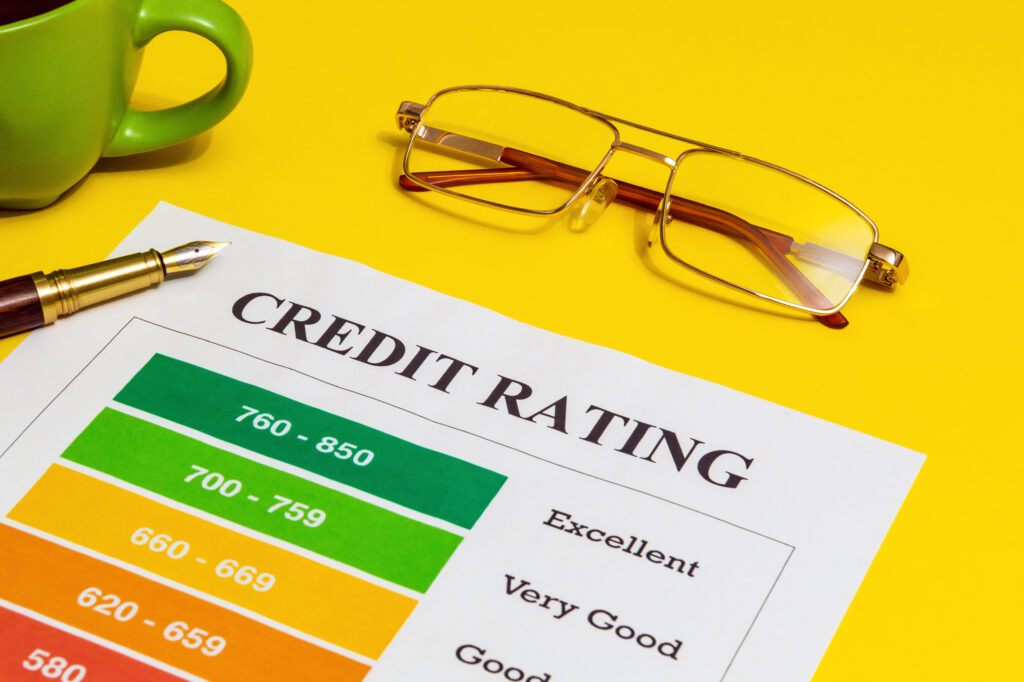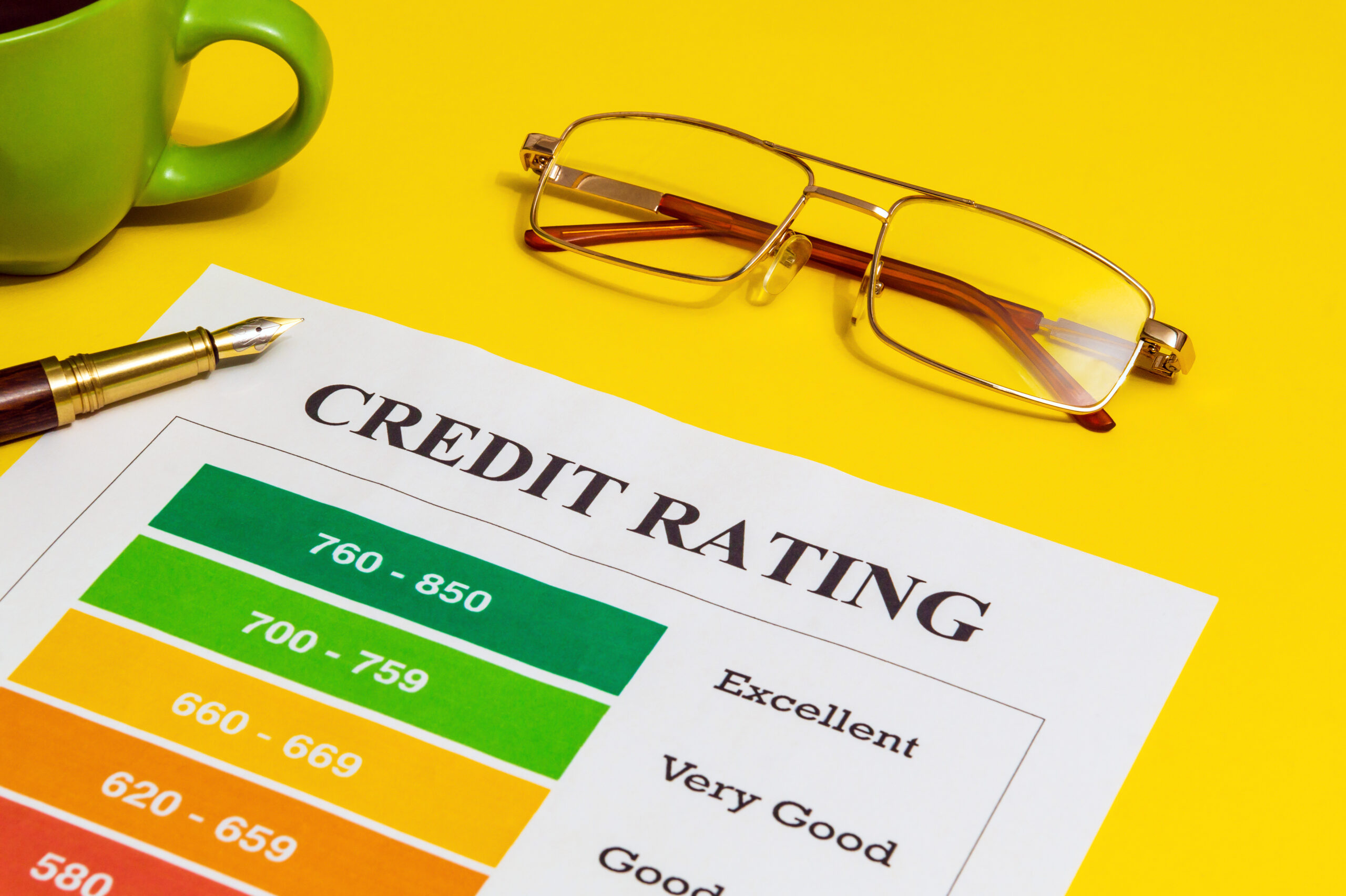Introducing to Credit Score

A good Credit Score opens doors to better financial opportunities, from lower interest rates on loans to higher credit limits. If you want to improve your credit score quickly, there are key strategies you can implement right away. With the right actions, you’ll see progress faster than you might expect.
Understand Your Credit Score
The credit score is an important tool that influences the entire financial market. It’s through this score that companies, for example, assess whether they can offer you loans under favorable conditions or not. A credit score is a score that can increase or decrease over time.
Your credit score rises when you have good credit habits, such as paying your bills on time, avoiding multiple credit cards, and not having excessive debt. Conversely, if you engage in poor credit practices, your credit score tends to decrease.
This score is important because it determines whether creditors can trust you. With a high credit score, you can secure better terms and conditions for financial deals.
What Affects Your Score:
Many factors influence your credit score, including your credit history, payment history, credit utilization, new credit, and credit mix.
High credit opens doors for those with good financial habits. If you want to access lower interest rates, better financial conditions, and more favorable loan terms, start implementing the following tips.
Check for Errors in Your Credit Report
Request Your Credit Report
One of the first steps to building a stronger score is checking your credit report for errors.
You can request a free credit report from each of the major credit bureau, Experian, Equifax, and TransUnion, once every 12 months at AnnualCreditReport.com. Reviewing all three is essential, as each bureau may have slightly different data on file.
Common Errors to Look For
When reviewing your report, look for errors that could negatively impact your credit score. Common issues include misspelled names, outdated addresses, or incorrect Social Security numbers.
You might also find accounts that don’t belong to you, inaccurate balances, or missed payments that you actually made on time. Even small mistakes can lead to a lower score, so it’s worth double-checking everything.
Disputing Errors
If you spot an error, don’t worry, you have the right to dispute it. Start by gathering any documents that support your claim (e.g., statements, payment records). Next, submit a dispute with the bureau showing the error, which can often be done online.
Once filed, the bureau has 30 days to investigate. Correcting errors can boost your score relatively quickly, especially if the inaccuracies were serious, like a wrongly reported late payment.
Pay Bills on Time, Every Time
Paying bills after the due date is one of the most effective ways to damage it. If you frequently pay late, consider creating a personal budget to regain control of your finances. Late payments suggest to companies that you’re not a reliable customer.
To help with this, try setting up automatic bill payments if your main issue is simply forgetting. If you can’t afford the full amount of a bill, it’s better to make a partial payment than none at all.
Avoid Applying for New Credit Cards Temporarily
If you are facing credit issues, avoid applying for new credit cards. This action isn’t viewed positively by creditors.
Consider Debt Consolidation for Faster Progress
If you want to improve as quickly as possible, consider debt consolidation. There are several ways to do this, including loans, but ideally, paying off your debts without accumulating new ones can give you a good boost in your score.
Focus on not incurring new debt until you’ve paid off existing ones. If possible, take on extra shifts, do side jobs, or whatever it takes. The feeling of finally being debt-free is very satisfying, and with planning, you can achieve it.
Monitor Your Score Regularly
Always keep an eye on your credit score to catch any issues early. Tools like Credit Karma and Experian provide free credit tracking, helping you adjust strategies if necessary.
Improving your punctuation quickly is achievable with a focused approach and the right strategies. By following these steps, you’ll be on track to a higher credit score and better financial opportunities. Start today and make a positive impact on your financial future.

